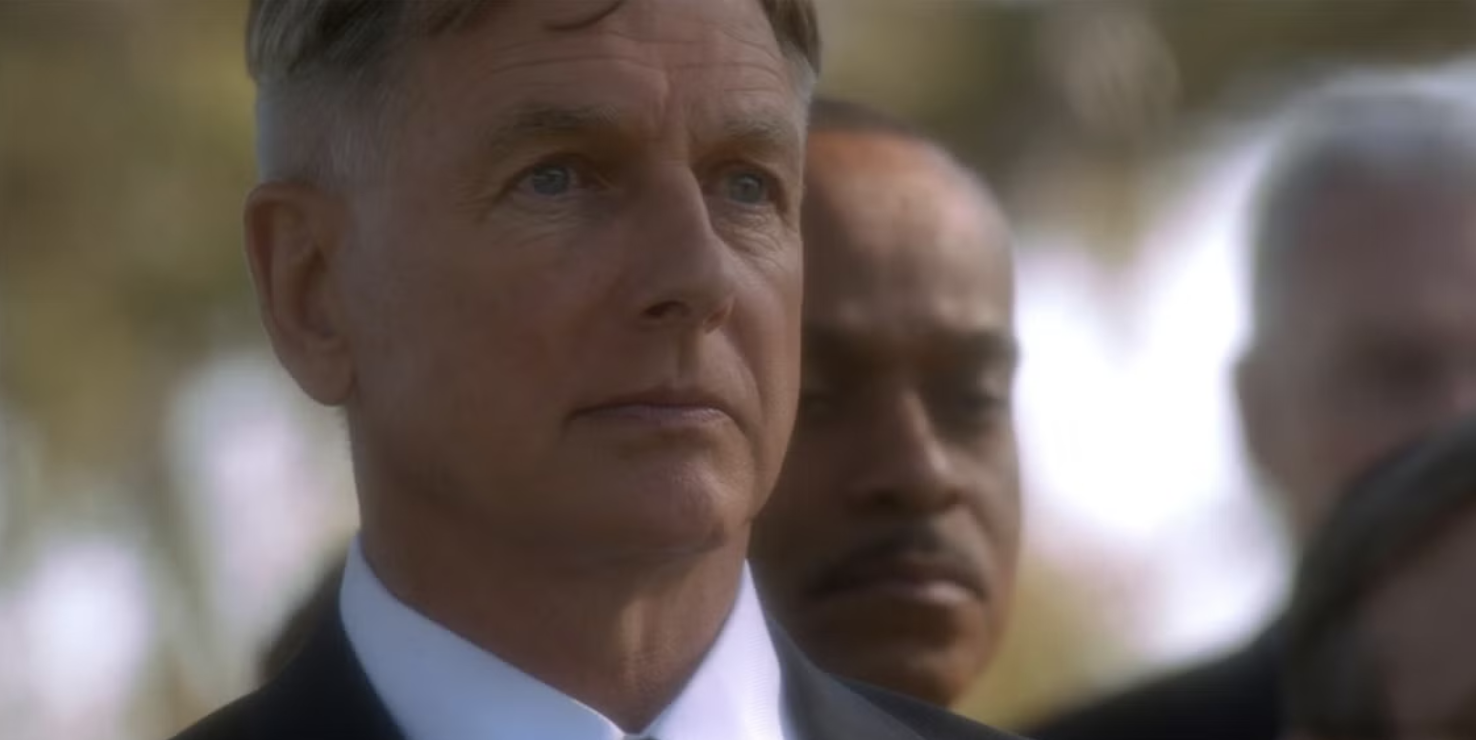
NCIS: Origins Episode 15 Fixes a Gibbs Plot Hole — But It Also Complicates His Story
NCIS: Origins has taken a deeper dive into Leroy Jethro Gibbs’ emotional past, shedding light on the early years that shaped one of television’s most iconic investigators. While the prequel series has generally stayed true to NCIS canon, it’s also introduced a few inconsistencies — particularly surrounding Gibbs’ personality and emotional development. However, the latest episode, “From The Ashes,” attempts to patch one of the most noticeable plot holes — only to introduce a new layer of complexity that makes his overall story even more tragic.
Young Gibbs’ Emotional Growth Doesn’t Line Up With NCIS
From its pilot episode, NCIS: Origins has portrayed a younger Gibbs (Austin Stowell) as more emotionally open than the version portrayed by Mark Harmon in the main series. Viewers have seen Gibbs express vulnerability with close friend and mentor Mike Franks, and even take the significant step of attending a veterans’ support group — something hard to imagine from the stoic and often emotionally unavailable agent seen in NCIS.
Episode 13, “Monsoon,” shows Gibbs entering a safe space among fellow veterans. While he listens, observes, and reflects, the act of even attending such a group seems contradictory to the closed-off man Gibbs later becomes. In NCIS, Gibbs rarely discusses the loss of his wife Shannon and daughter Kelly, and when he does, it’s typically brief and reserved. It took years of development for the character to open up even slightly, creating a jarring disconnect between the two portrayals.
Episode 15 Explains the Gap — But at a Cost
“From The Ashes” finally addresses this issue. The episode reveals that despite attending the support group, Gibbs hasn’t actually shared any of his own struggles. After several meetings, he abruptly leaves when it’s his turn to talk. It’s a moment that reframes the earlier episodes: Gibbs may appear open, but he’s still unable to truly process his trauma in a communal setting.
Instead, Gibbs relies solely on Mike Franks for emotional support. Their bond is rooted in deep mutual respect and shared pain, especially as Franks handled Shannon and Kelly’s murder investigation. Gibbs doesn’t form a connection like this with anyone else in NCIS, and this exclusive reliance is a key reason why his emotional healing never progresses beyond a certain point.
The Support Group Doesn’t Help Because Gibbs Won’t Let It
Although the support group offers a path toward healing, Gibbs’ refusal to participate renders it ineffective. He listens to others’ stories but refuses to share his own, creating a one-way process that fails to move him forward. It becomes clear that Gibbs isn’t incapable of healing — he just won’t allow himself the vulnerability it requires. His silence, even among peers, foreshadows the emotional walls he builds later in life.
NCIS Proves That Gibbs Never Truly Processes His Grief
The flagship NCIS series has long hinted at Gibbs’ unresolved grief, particularly through his failed relationships and solitary lifestyle. While he excels professionally, his personal life remains stunted — he marries multiple times, but none of the relationships last. This recurring failure suggests that Gibbs never fully recovered from losing his family, and Origins now suggests that his inability to share or seek help may be the root cause.
Though Franks plays a vital role in stabilizing Gibbs during his darkest days, even that connection isn’t enough to help him heal long-term. Once Franks is out of the picture, Gibbs is left without any meaningful emotional anchor — a void that NCIS subtly explores across two decades of storytelling.
Gibbs’ Character Arc Is Now Even More Tragic
By attempting to explain the discrepancy between young and old Gibbs, NCIS: Origins deepens the tragedy at the heart of his story.Gibbs had the opportunity to open up, to get help, to heal — but chose not to. The support system was there. The group was there. Even friends like Franks were there. And still, Gibbs remained stuck.
Rather than resolving the plot hole, Origins reframes it as a deliberate part of the character’s journey. It’s not that the older Gibbs forgot how to feel — it’s that he never let himself truly start.
